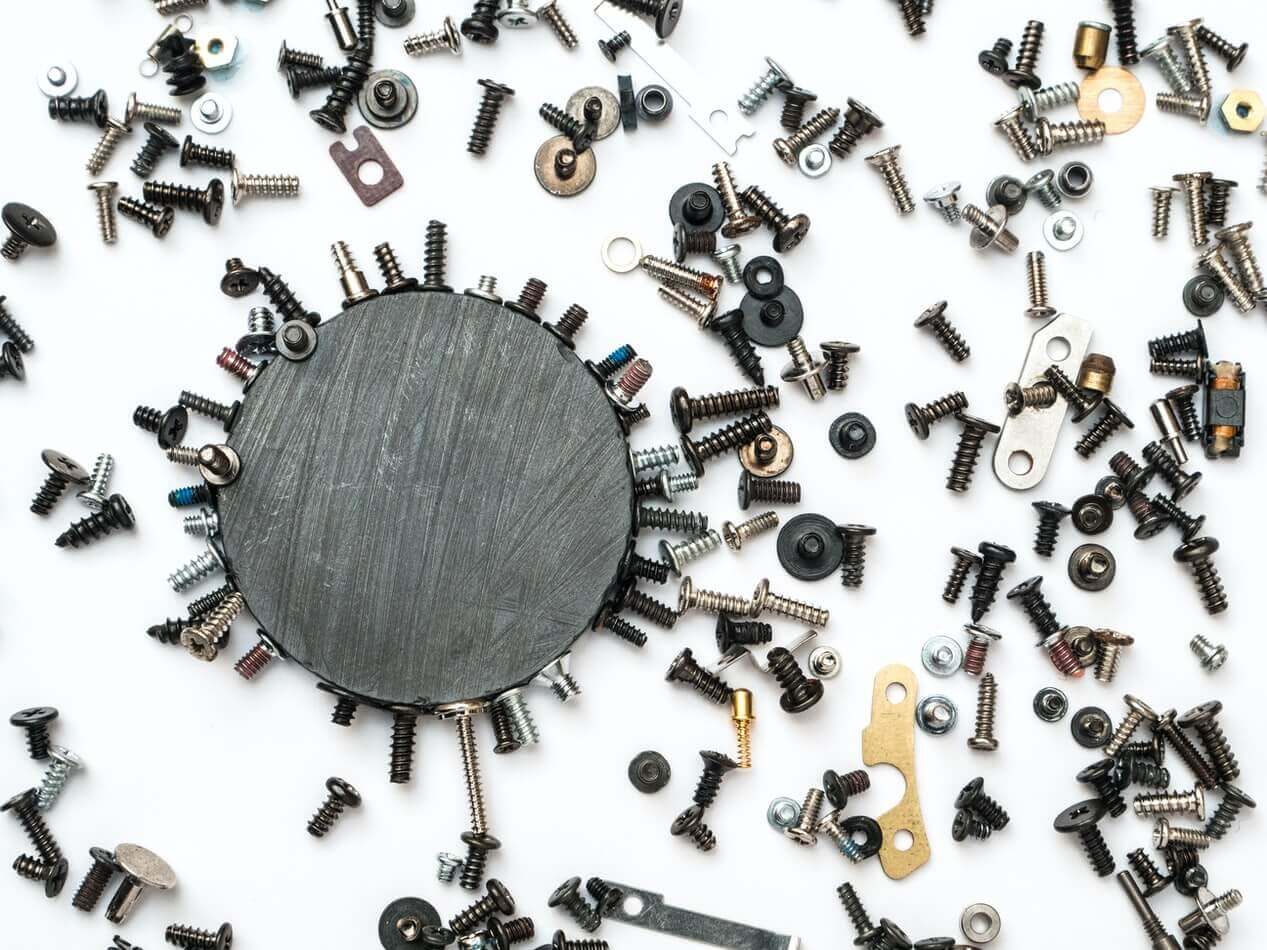There is no such page
No desired page

Unfortunately, the page you are looking for could not be found.
The URL might be incorrect or the page may have been moved.
For further assistance, you can:
- go to the homepage and navigate to the desired magnetic category,
- use the search function to find the resource you are interested in
- visit the price list page, where you will find our entire offer, which you can also print out
- contact us through the contact form on the contact page or call us at +48 22 499 98 98.
Thank you for choosing our company.
IP: 216.73.216.85
Do you have doubts?
Pick up the phone and ask +48 888 99 98 98 otherwise let us know by means of our online form our website.
Force as well as appearance of neodymium magnets can be analyzed with our magnetic calculator..
Order by 14:00 and we’ll ship today!

